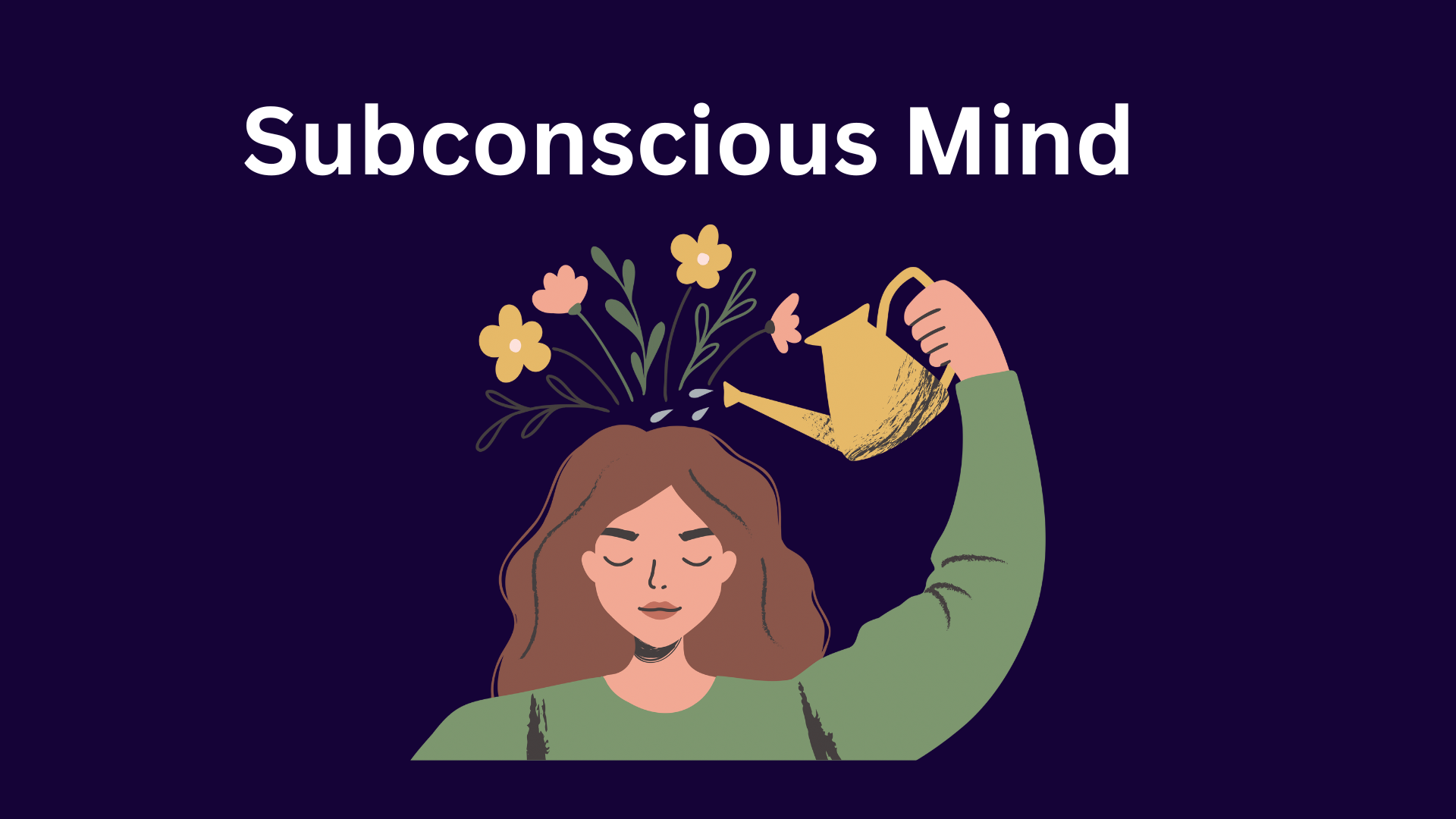Exploring the Subconscious Mind: The Depths of Human Thought
The human mind is a complex and intricate entity, a vast realm that extends far beyond the conscious thoughts and rational deliberations that characterize our daily lives. At the core of this intricate network lies the subconscious mind—a powerful reservoir of thoughts, memories, desires, and experiences that operate beneath the surface of our conscious awareness. Understanding the subconscious mind is essential for anyone seeking to grasp the entirety of human cognition and behavior.

Defining the Subconscious Mind
The subconscious mind can be thought of as the portion of our mind that is not accessible to straightforward introspection yet profoundly influences our thoughts, feelings, and actions. It encompasses a myriad of mental processes that occur below the threshold of conscious perception. Sigmund Freud, the pioneer of psychoanalysis, famously classified the mind into three hierarchical structures: the conscious, the preconscious, and the subconscious (or unconscious). He posited that the subconscious contains repressed feelings, forbidden desires, and traumatic memories that, if brought to consciousness, could interfere with the individual’s mental stability and overall well-being.
The subconscious mind plays a pivotal role in shaping our perceptions of the world, guiding us in our decision-making processes, and influencing our creative capabilities. Although it operates largely in the background, the resonance of the subconscious can be felt in everything from our habitual behaviors to our emotional responses, making it an indispensable component of human psychology.
The Mechanics of the Subconscious Mind
Understanding how the subconscious mind functions require a cursory examination of its legitimacy and implications. While the subconscious does not operate with the logical rigors of the conscious mind, it employs its unique mechanism to process and store information. It absorbs experiences, learns from them, and in doing so, establishes patterns that trigger automatic behaviors. For instance, the art of driving a car often becomes subconscious; an individual who has practiced this skill to a certain extent can navigate through traffic while concurrently engaging in a conversation.
Research shows that the subconscious mind processes sensory input at a remarkable speed—estimates suggest it can handle information at rates 500,000 times faster than the conscious mind. An individual encountering a particular environment may unconsciously respond with emotions based on previous experiences associated with that environment, all without a deliberate recollection of those memories. This rapid processing enables adaptability in daily life but can also lead to misguided assumptions or decisions based on implicit biases.
The Role of the Subconscious in Behavior and Decision Making
One of the most profound implications of the subconscious mind lies in its influence over behavior and decision-making. Often defined as automatic responses, these behaviors arise from the unexamined beliefs, values, and assumptions stored within the subconscious. Cognitive dissonance, or the mental discomfort experienced by an individual holding two contradictory beliefs, thus becomes a tension point between the subconscious and conscious mind; one’s underlying beliefs may conflict with conscious intentions leading to significant emotional or behavioral consequences.
Additionally, the subconscious mind governs instinctual behaviors that arise from the fight-or-flight response—an innate mechanism designed to ensure survival. Faced with perceived danger, the subconscious prompts rapid physical reactions, often prior to the conscious mind formulating a detailed analysis of the situation. In this way, subconscious processes are not only critical in routine actions but can also be vital during moments of crisis.

The Subconscious Mind and Creativity
The exploration of creativity often reveals the nuanced functioning of the subconscious mind. Numerous artists, inventors, and thinkers have acknowledged the role of the subconscious in fostering creativity. The subconscious acts as a repository for all experiences, emotions, and information, creating a fertile ground for innovative and divergent thinking. Many creative breakthroughs have occurred during periods of relaxation or daydreaming—a reflective state that allows the subconscious to intermingle ideas that may not seem related at first glance.
Neuroscientific studies indicate that engaging with the subconscious through techniques such as visualization, meditation, or free writing can significantly enhance creativity. By allowing the subconscious to guide thoughts and associations, one can tap into a wellspring of inspiration and imaginative insight, often leading to profound discoveries and artistic expressions.
Accessing the Subconscious Mind
To gain a deeper understanding of the subconscious mind, individuals can employ various techniques aimed at uncovering its hidden aspects. Practices such as mindfulness meditation help cultivate a heightened awareness of one’s thoughts and feelings, leading to greater insight into subconscious patterns. Journaling also serves as a tool for reflection, providing an avenue for uncovering suppressed thoughts and feelings that may be influencing behavior.
Hypnotherapy is another valuable method employed to access the subconscious mind. Through guided relaxation and focused attention, individuals can explore their subconscious thoughts and address issues stemming from repressed memories, limiting beliefs, or emotional challenges. The efficacy of these techniques emphasizes the idea that, while the subconscious operates outside of our conscious awareness, it is accessible and can be engaged through deliberate practice.
Implications for Personal Development
Understanding the subconscious mind offers profound implications for personal development. By exploring and addressing subconscious beliefs, individuals can challenge negative patterns and cultivate more adaptive thinking styles. Self-awareness fostered through reflective practices can pave the way for meaningful change, allowing individuals to align their conscious goals with their subconscious motivations.
Conversely, neglecting the role of the subconscious can thwart otherwise well-meaning efforts toward self-improvement. Unresolved subconscious issues may resurface, leading to repetitive cycles of self-sabotage or emotional distress. The key to personal growth lies not only in conscious intention but in reconciling aspirations with the underlying narratives shaped by the subconscious.
Conclusion
The subconscious mind remains an enigmatic yet integral facet of human consciousness. By delving into the complexities of the subconscious, one can unlock the underlying forces that shape thoughts, behaviors, and creative expression. Understanding and integrating the insights garnered from exploring the subconscious can lead to profound personal transformation, ultimately fostering emotional resilience and a greater understanding of the self.
In an increasingly fast-paced world where the conscious mind can become overtly dominant, returning to the depths of the subconscious can yield valuable knowledge—knowledge that transcends mere cognition, offering new horizons in emotional understanding, creativity, and human potential. It is within this clandestine realm that our true selves often reside, waiting for us to pay attention and engage with the rich tapestry of our internal experience.
Shop Now





